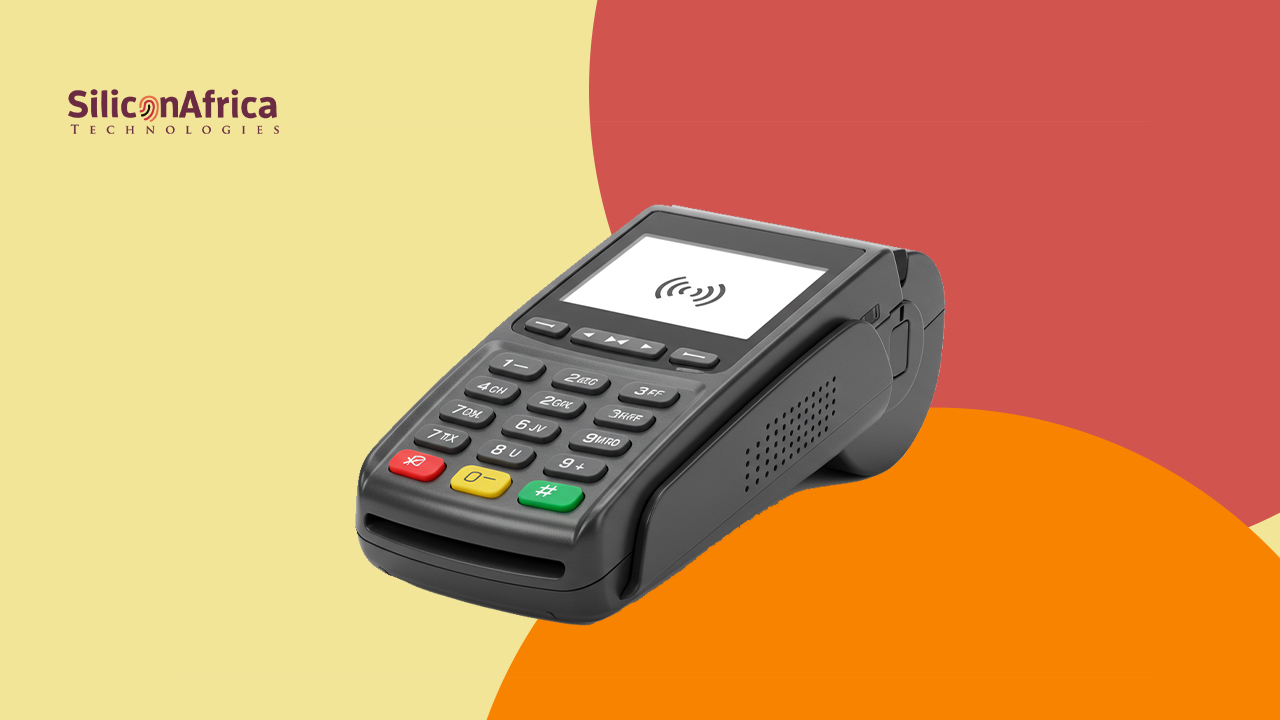Physical Address
60 Ekwema Cres, Layout 460281, Imo
Physical Address
60 Ekwema Cres, Layout 460281, Imo

Contactless payments are quickly becoming the next big thing in Nigeria, and they might just change the way we pay for things forever. Not only are they more convenient, but they could also save banks and fintech companies a lot of money. One major benefit is the huge drop in card issuance costs — instead of spending ₦1,800 to produce a physical card, banks could cut that cost down to ₦400 by switching to digital cards. That’s a massive difference!
So, what are contactless payments all about? Basically, it’s a way to pay for things without needing cash or even a physical card. Banks and fintechs are rolling out new solutions to make this happen. For example, Access Bank recently launched something called “Tap to Phone” with Visa. It’s super simple: merchants can turn their NFC-enabled Android phones into payment terminals just by downloading an app. Customers can then tap their cards or phones on the merchant’s phone to make payments — no need for those bulky POS machines anymore.
Read Next: The LagRide Service has been Taken Over by CIG Motors, the Local Distributor of GAC Vehicles
On the other hand, Sudo Africa has introduced Digital First Cards. These cards don’t even need to be printed; they exist entirely on your phone. You can use them for contactless transactions wherever you go. The best part? Digital cards are way cheaper to produce than physical ones. Kabir Shittu, the Co-founder of Sudo Africa, explained that making physical cards has become really expensive over the years, partly because of the global chip shortage that started during the COVID-19 pandemic. Back in 2020, it cost about ₦600 to produce a card, but now it’s as high as ₦1,800. With digital cards, that cost drops significantly — down to just ₦400.
Why have card production costs skyrocketed? Well, it’s mainly because of the chip shortage. When COVID-19 hit, factories shut down and there was a huge demand for chips for things like laptops and smartphones. Payment card manufacturers were pushed to the back of the line, which made it harder and more expensive for banks to get chips for their cards.
Digital cards solve this problem completely. Instead of printing physical cards that take time and money to produce and deliver, banks can issue digital cards instantly through their apps. These cards are stored securely in the cloud, not on your device, so they’re much safer than physical ones. Each transaction generates a unique security code, making fraud almost impossible.
Read Next: The “MyLagos App” has Disappeared from the Google Play Store Shortly After its Launch
Using these digital cards is easy too. If your phone supports NFC (the technology behind tap-to-pay), you can simply tap your phone at payment terminals. If your phone doesn’t have NFC, you can still pay by scanning QR codes — so no one is left out.Of course, getting everyone on board with contactless payments won’t happen overnight. Many Nigerians still prefer cash or traditional bank transfers because that’s what they’re used to. Educating people about how contactless payments work and why they’re better will take time and effort.
Still, 2025 might be the year contactless payments really take off in Nigeria. With big players like Access Bank and Sudo Africa leading the charge, we’re moving closer to a future where paying for things is faster, safer, and cheaper for everyone involved. And with card issuance costs dropping so drastically, banks and fintechs have even more reason to embrace this exciting technology.
Was this information useful? Drop a nice comment below. You can also check out other useful contents by following us on X/Twitter @siliconafritech, Instagram @Siliconafricatech, or Facebook @SiliconAfrica.